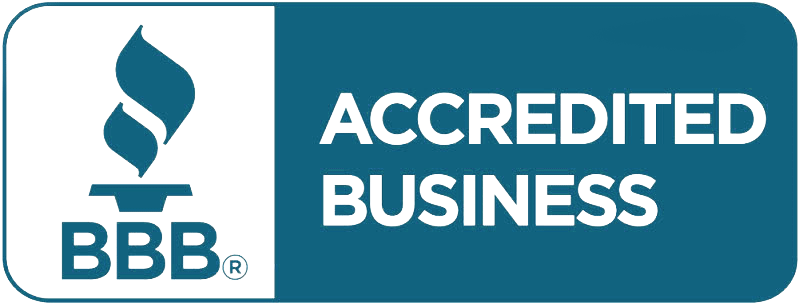
Puppies, just like people, can be allergic to certain foods in their diet. These allergies can manifest in a number of ways and can be hard to determine given the diverse mix of ingredients in many puppy and dog food brands. Thankfully, food allergies can be identified and managed with a diet regimen.
When do food allergies develop in dogs?
Food allergies are most likely to occur in puppies during their early development. While this is the most likely outcome, it is not the only one. Allergies can also arise in older dogs that have never showed problems before.
Food allergy vs. Food intolerance
There is a difference between a food allergy and food intolerance. Food intolerances generally upset the stomach, like a person who can’t eat too much spicy food or dairy (think lactose intolerance). Allergies, on the other hand, tend to cause symptoms such as rashes, swelling, hives, or itchiness. If your dog shows these symptoms, it could be an indication that he or she is allergic to something in their diet.
What are the most common food allergies for dogs?
While dogs can be allergic to any type of food, there are seven potential food allergens that are the most common. They are:
- Beef
- Soy
- Egg
- Cow’s Milk
- Wheat
- Corn
- Gluten
Unfortunately, these are also very common ingredients in most commercial dog food varieties, which can make it difficult to determine which food your four-legged friend is allergic to. Your best bet is to perform a test using a “novel food source” diet with alternative ingredients such as rabbit and rice or venison and potato. This diet should be adhered to for 12 weeks to make a clear determination. If your pet’s symptoms clear up on the restricted diet, your dog is likely allergic to some of the ingredients found in your previous dog food.
For further questions on dog food allergies, contact Patti’s Dachshund Farm today!


